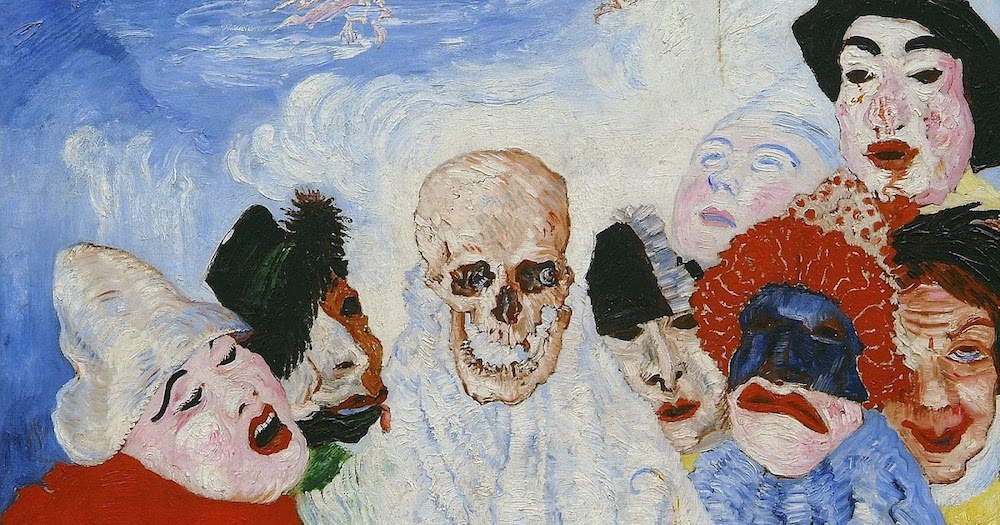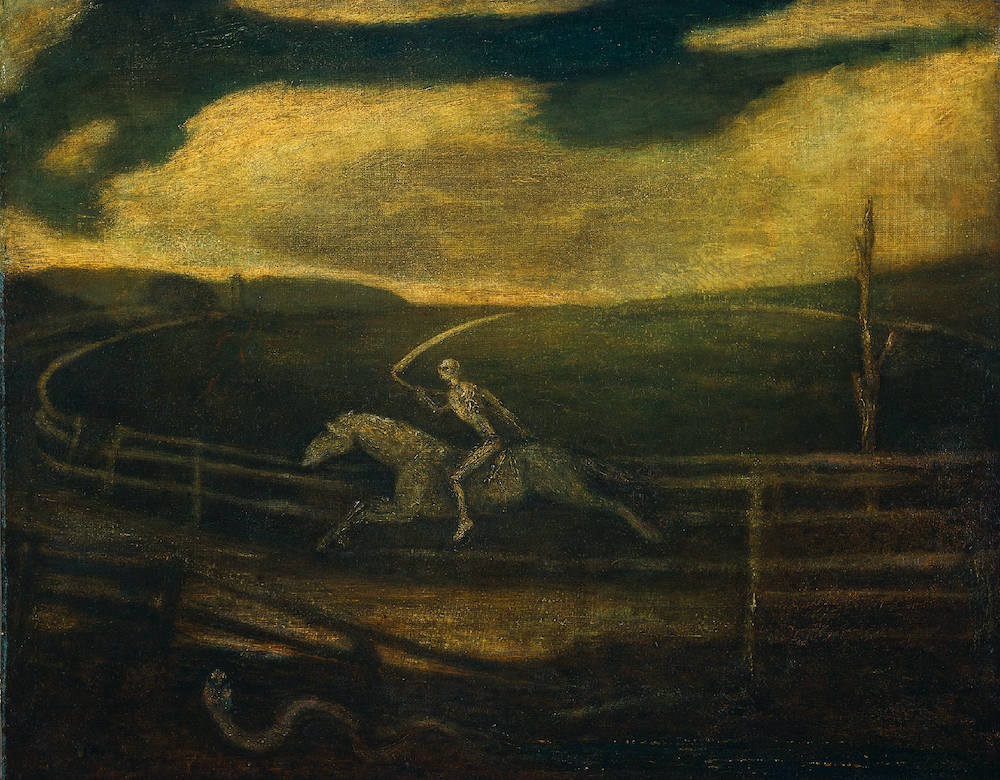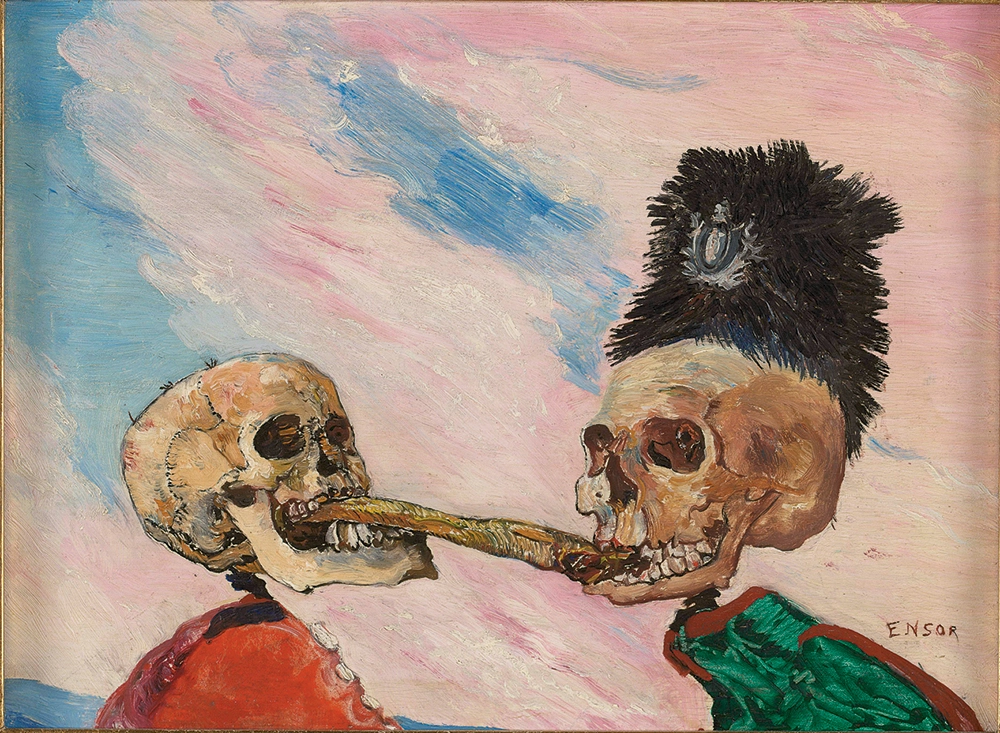Dear Friends,
It is with deep sorrow that we inform you that we lost Jim early on Monday morning, after a long illness. Jim’s last days were spent at peace with his family, and true to his character, he kept working until the very end, finishing a lengthy review of a new Dreiser biography only days before he left us. We ask that the family’s privacy be respected at this time. A small funeral ceremony will take place in the coming weeks, and a celebration of Jim’s life and work, in the convivial spirit that Jim intended for his many friends and colleagues, will take place in the near future.
Jim’s death was conveyed in a mass email, sent out by somebody I had never met. I had known that my friend—one of the most distinguished figures in the New York literary world—was seriously ill, but hadn’t expected him to check out quite so soon. It was a sad day… words got in the way.
Jim’s last words to me had been to tell me that he was using his considerable influence to get my novel into “the right hands,” and that he was waiting to hear back from various parties among “the more enlightened and discriminating echelons of the publishing world,” from whom he was confident of hearing his own effusive praise echoed.
However, Jim hadn’t indicated who these parties were, which placed me in an awkward position. I couldn’t very well hit up his grieving widow, Penny Brooklinen, and ask her to go to the trouble of combing through reams of her late husband’s correspondence for the express purpose of unearthing information that could only benefit me personally: that would be unseemly at such a time. Moreover, it was unlikely that the parties in question would prioritize such a trifling bit of literary business in the wake of their friend’s death (they probably didn’t even have my contact information). That digital paper trail would be left un-followed, leading as it did, to a lost cause. It would remain a mystery, with a missing body… of work.
My timing and judgment had been terrible. Now that I thought about it, I couldn’t fathom why I hadn’t sought the help of my willing and highly influential friend earlier, instead of appealing to the nonexistent goodwill of various disinterested local literary acquaintances, when from the outset I correctly sensed that they would do nothing to advance my cause. It had been pure, thoughtless, self-defeating perversity on my part. With Jim’s infallible imprimatur things would have moved along smoothly and swiftly; by now my novel would have been passed into the hands of a reputable publisher. Instead, I had wasted a lot of time trafficking with various insecure minor talents and major egomaniacs who wouldn’t have lent a hand to Shakespeare himself, or even recognize that he might have something to offer, if he wasn’t in a position to leverage their own careers by association, and if he wasn’t invited to the right parties.

James Ensor, Death and the Masks, 1897.
I froze when I saw Tyler Priligy strolling through the weekly farmers’ market, carrying a New Yorker tote bag stuffed with fresh produce. I looked around for a means of escape but it was too late, he was walking towards me with a smile on his unruffled face. Such was the extent of our acquaintanceship that an exchange of pleasantries was unavoidable.
“What the fuck are you doing here?” I said. “I thought you moved to El Sereno.”
“I did,” he said. “But I just had a meeting around the corner.”
“Towards what end?” I grudgingly asked.
“I’m having a book published,” he announced in his shrill but grating voice.
“A book,” I repeated, dumbfounded. This fresh development in Tyler’s charmed life doubtless accounted for his oppressively chirpy mood. Then again, he always exuded that air of unlimited self-ease peculiar to those who subsist on invisibly independent means. His confidence and carefree nature were entirely attributable to freedom from financial worry, which also allowed him to pursue some very pedestrian artistic activities.
“About what?” I asked, with unconcealed incredulity.
“It’s a memoir,” he said with a straight face.
“Just what the world needs,” I spluttered out, once I had managed to stifle an incipient burst of malicious laughter. “Aren’t you a bit young for that?”
“It’s about the last year of my life,” he said. “You know I’ve been through a lot recently.”
Here we go again… I seemed to vaguely recall that Tyler’s marriage had recently ended after he discovered that he was gay, which had always been glaringly obvious to his tiresomely heteronormative friends. He had also cultivated a drug habit and almost died of an accidental fentanyl overdose.
Now he had something to write about.
From being praised in the highest circles I was back to trawling the lower depths, among the punishers, poetasters and pretenders. I had never left, and probably never would. This was my domain. My hopes had risen, only to come crashing back down again, and again. There was no point holding back anymore.
“Congratulations on your devastating originality,” I said, succumbing to the rapidly rising red tide of indignation.
“Well, what do you have to write about?” Tyler shot back at me, evidently offended by my reaction.
“What?” I said, taking it down a few notches, recognizing that restraint, and even a degree of false modesty, might be necessary when confronted with this crudely posed question. “Well since you’re kind enough to ask, although it might seem like an odd approach to some people, I deliberately didn’t publish anything, other than journalism, until I had something to say. I wrote but it never occurred to me to publish.”
“That’s admirable,” said Tyler, scoffingly.
“For one thing,” I continued, “when I was your age, there was nowhere to publish. The internet has created massive opportunities for the inexperienced and the inept, who start publishing no sooner than they put pen to paper, to facilitate the illusion that they are writers. Nowadays one doesn’t have to prove oneself. There are no standards, there’s no quality control, and there are too many outlets. In order to have something to say I had to do nothing for a long time. I waited a long time, until waiting itself became the subject. And, frankly, it wasn’t worth the wait.”
“Really admirable,” said Tyler, picking his bulging New Yorker tote bag from the ground.
“It’s more than can be said for most people,” I said. “I was under the mistaken impression that I had to live first. Although I was doing everything, and more, that you feel you have to share, it seemed gauche to write about it. There’s nothing further to say on the subject of drugs. Every nickel has been chipped out of that rock.”
“It’s a literary tradition,” said Tyler, as if he was giving a history lesson to a recalcitrant student. “There’s a book from the eighteenth century called Confessions of an English Opium Addict.”
“It’s from the nineteenth century: Thomas de Quincey. I haven’t read it, although I did enjoy his Recollections of the Lake Poets. That wouldn’t interest you though. It’s not about drugs.”
“The thing is,” said Tyler patiently, placing his New Yorker tote bag back on the ground, “that there’s a long history of writing about drugs and as long as people take drugs, people are going to write about it.”
“Well, it’s run its course. Heroin memoirs are as played out and predictable as Marvel movies at this point.” Tyler didn’t respond, so I continued: “In order to be able to address a subject with authority, it was necessary to become a failure. I could have played the game, been a screenplay hack, done commercial stuff, with all the concomitant climbing and groveling. But I thought it would be more interesting to explore the possibilities of a career in failure, really immerse myself in it, get stuck in, and it has proven to be a rich, fertile and ultimately unrewarding lode. It’s lonely work but somebody has to do it.”
“Read it and weep,” said Tyler.
“Weed it and reap, that’s what the drug memoir epidemic amounts to,” I brusquely rejoined.
“My book isn’t exclusively about drugs,” said Tyler. “It’s about addiction and my journey….”
“So you’re covering all the bases. That’s a foolproof strategy. All this crap about gender, race and identity politics is going to get tired very quickly. Nobody’s going to want to read about that stuff in twenty… ten… five years time. It may well be a necessary corrective now but it will soon look hopelessly dated. Maybe two or three of the thousands of books that are being churned out on these already exhausted subjects will still be in print in twenty years time.”
“And your complaining about not getting your novel published, I suppose that has a timeless quality,” said Tyler, condescendingly.
At least he was aware of my articles; that was heartening. “It’s a lot more than just that,” I said, striving for evenness of tone. “It started off as a rant against the publishing industry but it’s turned into a send-up of the local literary scene. It’s richly layered.”
“You’re pretty confident about it, aren’t you?” said Tyler.
“Actually, no. I’ve been struggling with the latest installment. It’s going to be the last one, and the worst one. I’ve lost interest in it. I’m wrapping it up in a very uninspired manner. You might get a bit part if you play your cards right, although you’ll probably appear quite wooden. I don’t feel up to putting much effort into any new characters.”
“It would be an honor,” said Tyler, mockingly, “and don’t worry, the cream always rises to the top.”
“It curdles, at the bottom, into bitterness,” I said, grateful for an opportunity to quote myself. I attempted to be more cordial by asking Tyler who was publishing his book, and the conversation petered out in a weak drizzle of uncomfortable laughter.
What was the point? I wasn’t sure that I even believed my own bullshit anymore, let alone anyone else’s. As I walked away, with a plastic bag containing three punnets of berries and a head of broccoli, I was assailed by doubt and guilt. Tyler was a nice enough guy. He had never done me any harm. I couldn’t be going around spewing bile about the work of people I barely knew to other people I barely knew. I wasn’t doing myself any favors, and I usually felt guilty about it afterwards. It was okay to do that in print with a mitigating degree of humor and self-deprecation, but I needed to restrain myself from doing it in person.
These publishers were more than willing to provide a forum for anybody who wanted to brag about their predictably unorthodox sexual proclivities and their drug intake. There was no hope. All gates were closed.
I would gladly give up, if anybody would notice. But neglect can be a powerful fuel.
When I got home that evening I drafted a new cover letter:
“My novel examines issues of gender, race and sexuality. It addresses the intersections between the political and spiritual, weaving personal narrative with urgent questions about desire, identity, and the limits and possibilities of love and language. It is a poignant exploration of the transformative power of art and the very act of being alive.”
I couldn’t possibly go wrong with that.
THE END.
This is the conclusion of a series by John Tottenham. Please see previous installments: Part I, Part II, Part III, Part IV, Part V, Part VI, Part VII, Part VIII and Part IX.



